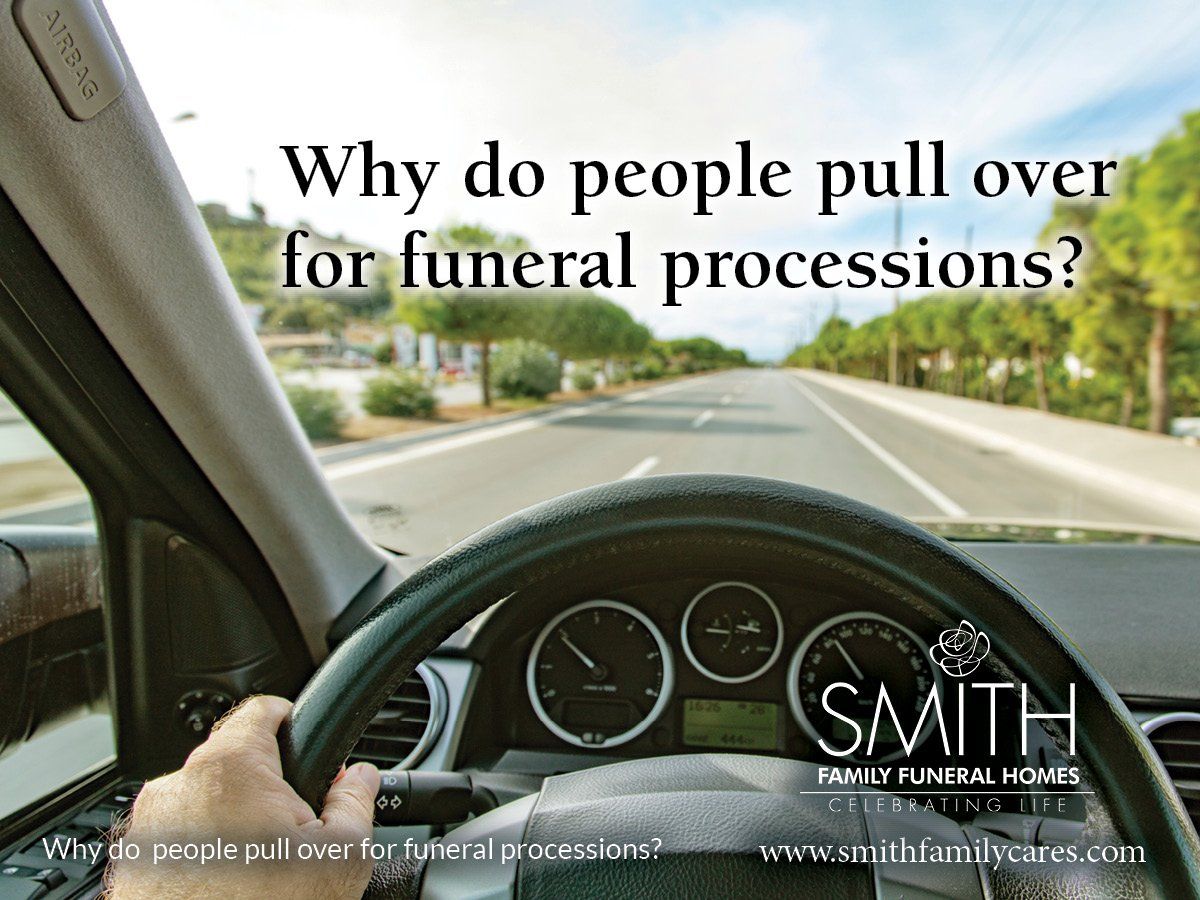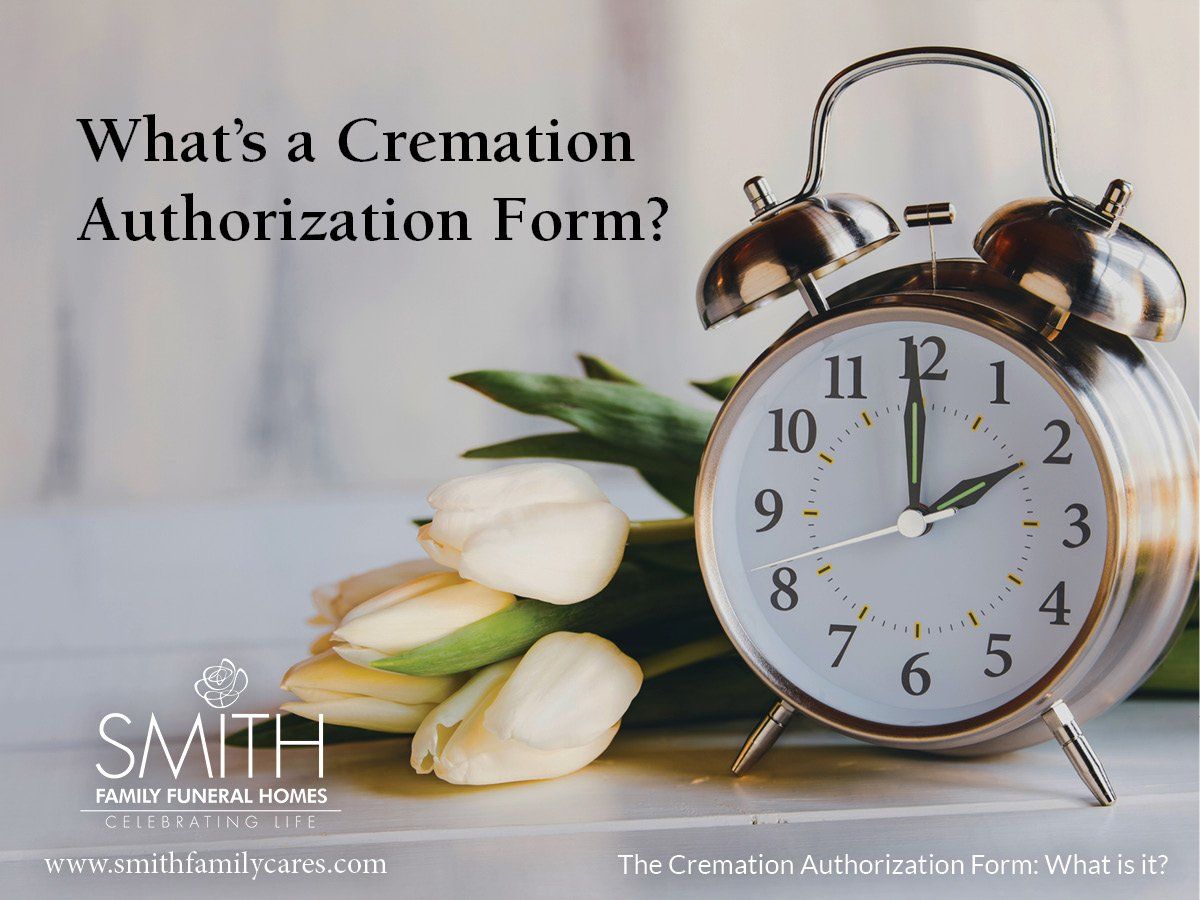
Organ Donation: What is the Process?
We know that organ donation has the power to give new life to people in need, but just how does it work? The process starts when you sign up, but the actual donation portion happens after you die — and it has to happen fast. So, what does organ donation look like?
How do you register to become an organ donor?
The process to sign up to become an organ donor is pretty simple and can be done in one of two ways. You could go to your DMV and sign up there. Many people opt to register whenever they get their license renewed. But although you get your license renewed every two to 12 years, depending on your state’s law, you only need to register to be an organ donor once.
Another way to sign up is by going through your your state’s registry, which you can find at OrganDonor.gov. The website will take you through the process required by your state. Fill out the form there, and you’ll be registered as a donor.
What happens after you register?
While you’re living, nothing happens after you sign up to become an organ donor. Your next license will indicate if you’re a donor, and you’ll be a part of the potential donor bank in the U.S. But the keyword is potential.
After you die, doctors will determine if your organs are viable for donation. Every nine minutes, someone is added to the transplant waiting list, which currently already holds over 106,000 people. So your organs may save the life of someone on that list. However, certain medical conditions, including HIV, actively-spreading cancer, or a severe infection, could prevent your organs from being viable for donation.
Even if you do have a serious condition, you may still end up being an organ donor. After examining your body, doctors may determine that certain parts can be transplanted, even if other organs cannot be used. Registering to be an organ donor is always a good idea as you’re increasing the pool of potential donors for those in need. Let medical professionals determine later if you’re a good fit, rather than writing off organ donation because of an illness.
What happens if you become an organ donor?
How and where you die also affects if you can become an organ donor. You have to be in the hospital, on a ventilator, and have an injury where your brain cannot recover. The process for donating your organs actually starts when you’re considered legally dead, but your body is kept alive on life support. You must be regarded as brain dead, and your heart may also no longer be working, but your other organs are being kept functioning. Only your physician can make the call that you’re legally dead.
After that call is made, and while you are still on life support, the organ procurement team goes to work to determine which organs can be transplanted. Depending on your condition, all of your organs or some of them may be viable, but the brain is never able to be transplanted. The heart may be able to be used, but that would depend upon if the heart is already considered dead. Hospital staff will also seek authorization from your family. If you signed up to be a donor, that information is shared with them. But if you didn’t register, they can still make the decision to donate. Often, families hesitate to decide to donate their loved ones’ organs because they’re unaware of their wishes.
Once the organs are tested and deemed useable, and if your family authorizes the donation, the organ transplant team finds matches on the national transplant waiting list and coordinates with those patients’ surgeons to schedule the surgeries. You will be returned to your family, who can continue on with your funeral plans.
There’s a common misconception that organ donation alters what you can and cannot do at your funeral. Many believe that you can’t have an open casket after you donate your organs. However, organ donation does not change your ability to have one. The donation process happens very quickly, as it must in order to ensure that the organs are still working properly. Your body is released back to your family just as fast. Any incisions will have been closed so as to allow for an open casket funeral.
Becoming an organ donor can save the lives of up to 75 people, but myths about the process can prevent some people from registering or stop their families from giving their approval. However, the organ donation process is respectful, quick, and doesn’t change any funeral plans. When you register to be an organ donor, be sure to talk to your family about your choice. Having one conversation could mean that you end up saving or changing lives when you pass.
Smith Family Funeral Homes provides quality funeral, memorial and cremation services to the families of Central Arkansas. Their six locations can be found in Little Rock, North Little Rock, Westbrook, Sherwood, Benton and Arkadelphia. With a privately-owned crematory operated by licensed professionals, Smith Family Funeral Homes can guarantee their high standard of care throughout the cremation process. To learn more, visit smithfamilycares.com.












